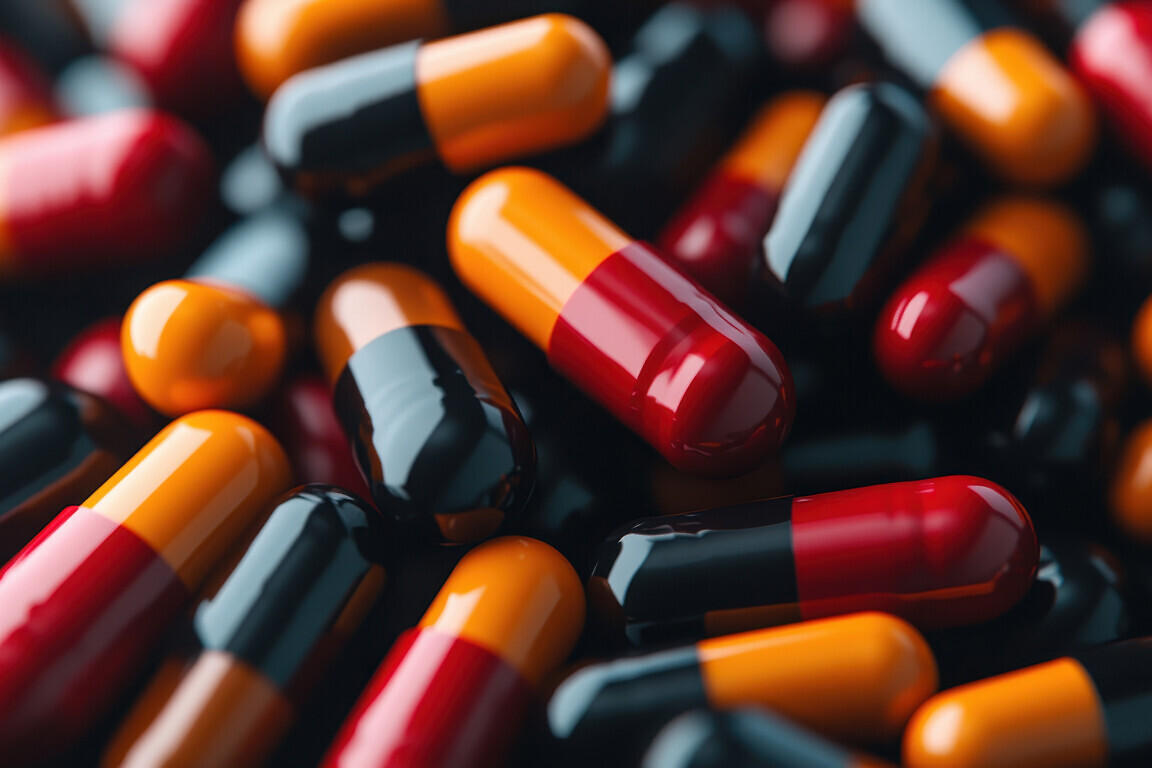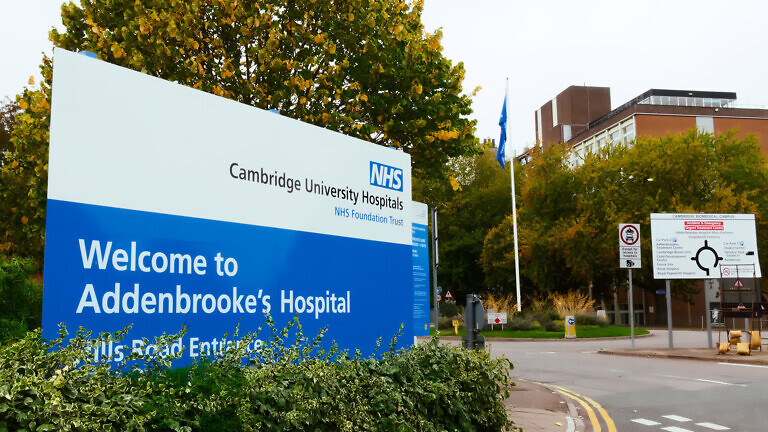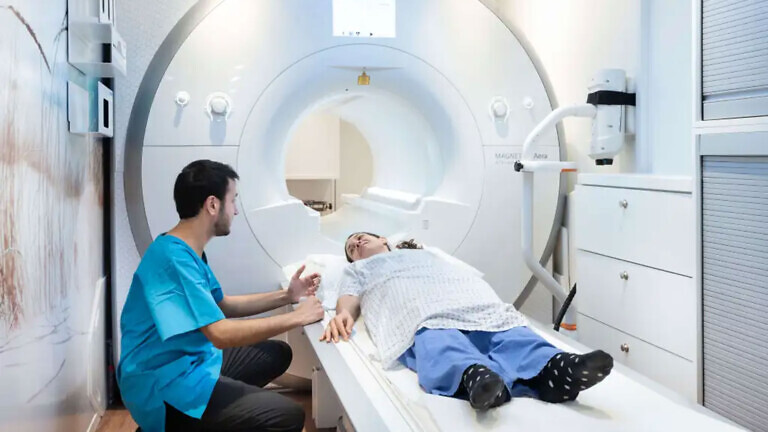The Association of the British Pharmaceutical Industry believes that the Voluntary Scheme for Branded Medicines Pricing, Access and Growth (VPAG), is undermining government efforts to make life sciences a pillar of its industrial strategy.
The government is proposing to raise the Statutory Scheme payment rate for newer branded medicines from 15.5% to 32.2% of subject companies’ NHS sales in the second half of this year.
The Association of the British Pharmaceutical Industry (ABPI), the organisation that represents companies that research and develop medicines and vaccines, is warning that payment rates under both the Statutory Scheme and the associated Voluntary Scheme for Branded Medicines Pricing, Access and Growth (VPAG), are undermining government efforts to make life sciences a key pillar of its industrial strategy.
The average Statutory Scheme payment rate was 10.6% between 2019 and 2022, but in recent years, the payment rates required by the government have soared, hitting a historic peak in 2023 at 27.5%.
While no other country has an identical scheme to the UK, comparable sales rebate schemes in Germany with 7% payment rates, Ireland with 9% payment rates, and France with an average 5.7% rate which is capped at 12%, show that the UK is far outside international norms.
Critical growth sector?
“The government has rightly identified life sciences as a critical growth sector for the economy, but unless these excessive payment rates under both the VPAG and Statutory Scheme are addressed, the UK will not see the growth and investment we all want,” said Richard Torbett, chief executive of the ABPI.
The UK, the organisation points out, invests a smaller share of overall healthcare costs on medicines than any comparable country: 9% of the UK’s overall healthcare spending is on medicines, compared to 17% in Germany and Italy and 15% in France. According to the King’s Fund, the UK tends to have much poorer health outcomes than its peers, coming 16th and 18th, respectively for preventable and treatable causes of mortality, those for which there tend to be medicines, in a basket of 19 comparable countries.
Over the past decade, growth in the UK branded medicine market has been capped at between 1.1% (2014-2018) and 2% (2019-2023) per year. After accounting for inflation, this growth has declined by over a tenth (11%). In the same period, the NHS budget grew by a third in real terms (33%).
Currently, only a very small proportion (2%) of the total branded medicines market is subject to the Statutory Scheme, with the majority of companies opting into the Voluntary Scheme for Pricing, Access and Growth (VPAG), which tends to have enhanced terms and marginally lower rates.



